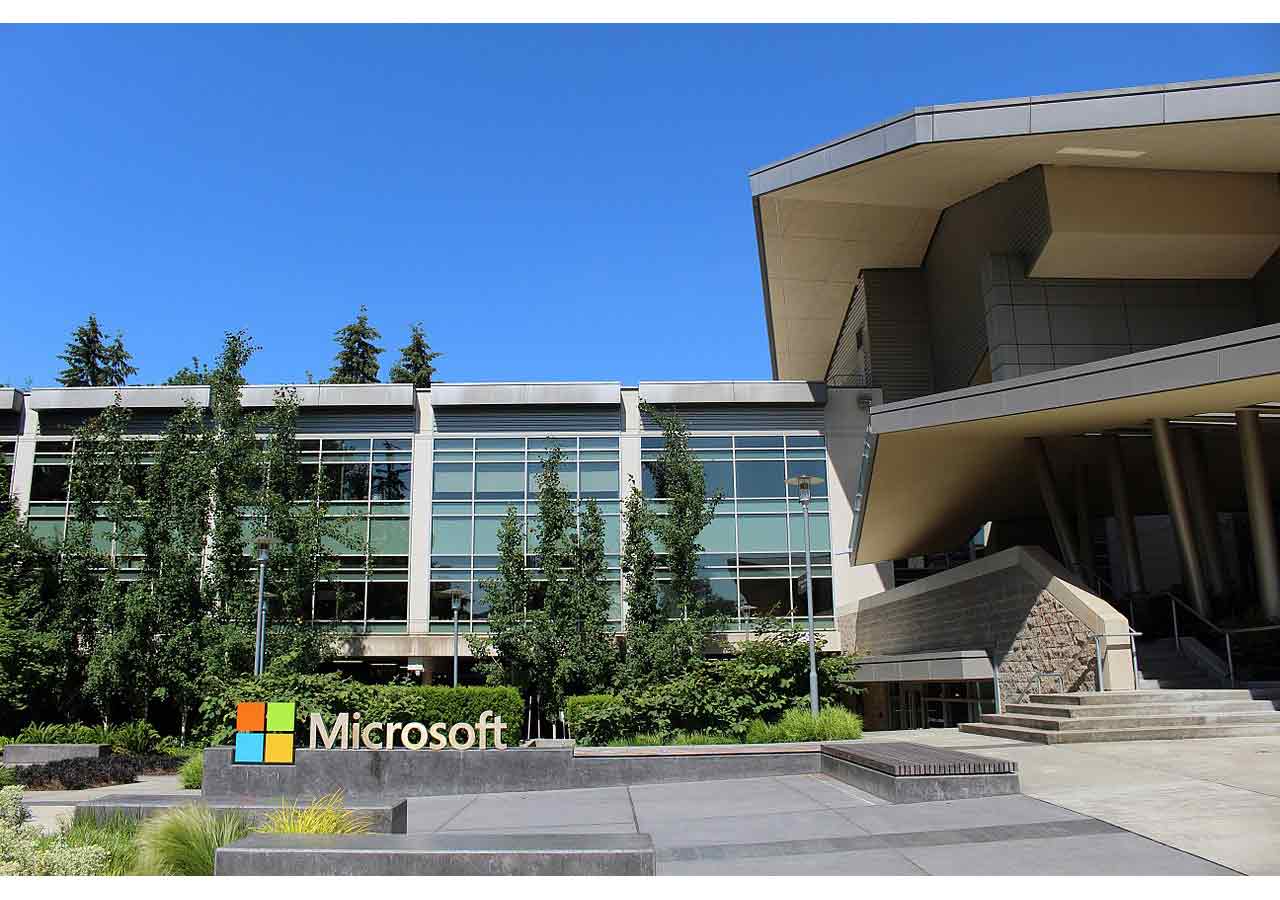Microsoft said that "cybercriminals" has compromised a "limited number" of its web-based email accounts, by using a customer support representative's credentials.
While the breach didn't expose sign-in details of the messages within, but it did allow hackers to see email addresses, including the names and those in the conversations, as well as the subject lines and custom folder names.
It's not certain how many people were affected, or where the largest group of victims was.
“We addressed this scheme, which affected a limited subset of consumer accounts, by disabling the compromised credentials and blocking the perpetrators’ access,” said a Microsoft spokesperson.
Following the massive 773 million email addresses leak in January 2019, the breach can be considered a massive violation in privacy.

Microsoft sent an email to all affected users that reads:
Microsoft is committed to providing our customers with transparency. As part of maintaining this trust and commitment to you, we are informing you of a recent event that affected your Microsoft-managed email account.
We have identified that a Microsoft support agent’s credentials were compromised, enabling individuals outside Microsoft to access information within your Microsoft email account. This unauthorized access could have allowed unauthorized parties to access and/or view information related to your email account (such as your e-mail address, folder names, the subject lines of e-mails, and the names of other e-mail addresses you communicate with), but not the content of any e-mails or attachments, between January 1st 2019 and March 28th 2019.
Upon awareness of this issue, Microsoft immediately disabled the compromised credentials, prohibiting their use for any further unauthorized access. Our data indicates that account-related information (but not the content of any e-mails) could have been viewed, but Microsoft has no indication why that information was viewed or how it may have been used. As a result, you may receive phishing emails or other spam mails. You should be careful when receiving any e-mails from any misleading domain name, any e-mail that requests personal information or payment, or any unsolicited request from an untrusted source (you can read more about phishing attacks at https://docs.microsoft.com/en-us/windows/security/threat-protection/intelligence/phishing).
It is important to note that your email login credentials were not directly impacted by this incident. However, out of caution, you should reset your password for your account.
If you require further assistance, or have any additional questions or concerns, please feel free to reach out to our Incident Response Team at [email protected]. If you are a citizen of European Union, you may also contact Microsoft’s Data Protection Officer at:
EU Data Protection Officer
Microsoft Ireland Operations Ltd
One Microsoft Place,
South County Business Park,
Leopardstown, Dublin 18, Ireland
[email protected]
Microsoft regrets any inconvenience caused by this issue. Please be assured that Microsoft takes data protection very seriously and has engaged its internal security and privacy teams in the investigation and resolution of the issue, as well as additional hardening of systems and processes to prevent such recurrence."
As explained by Microsoft, the hackers got their hands on the data by compromising a customer support agent's credentials. After acknowledging the breach, Microsoft quickly disabled those credentials.
Microsoft told users that it didn’t know what data was viewed by the hackers or why, but cautioned that users might experience more phishing or spam emails as a result.
"You should be careful when receiving any e-mails from any misleading domain name, any e-mail that requests personal information or payment, or any unsolicited request from an untrusted source," the company said.
According to TechCrunch's report, no Microsoft enterprise customers were affected.
With hackers able to see email addresses, they could theoretically use this not just for spam, but to piece together details of users' personal lives and rely on that for fraud and identity theft.
Microsoft's web-mail services that were affected include @msn.com and @hotmail.com.